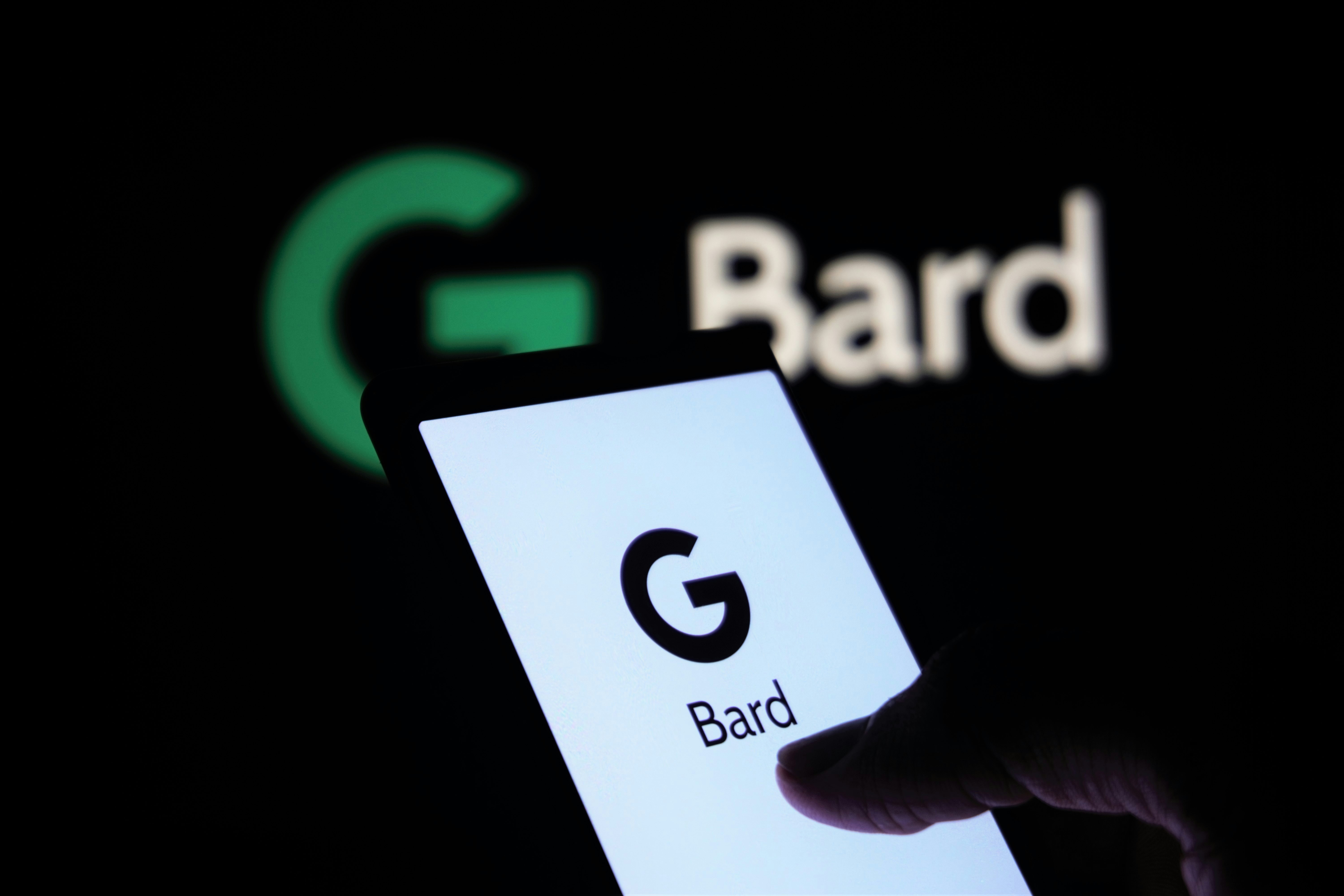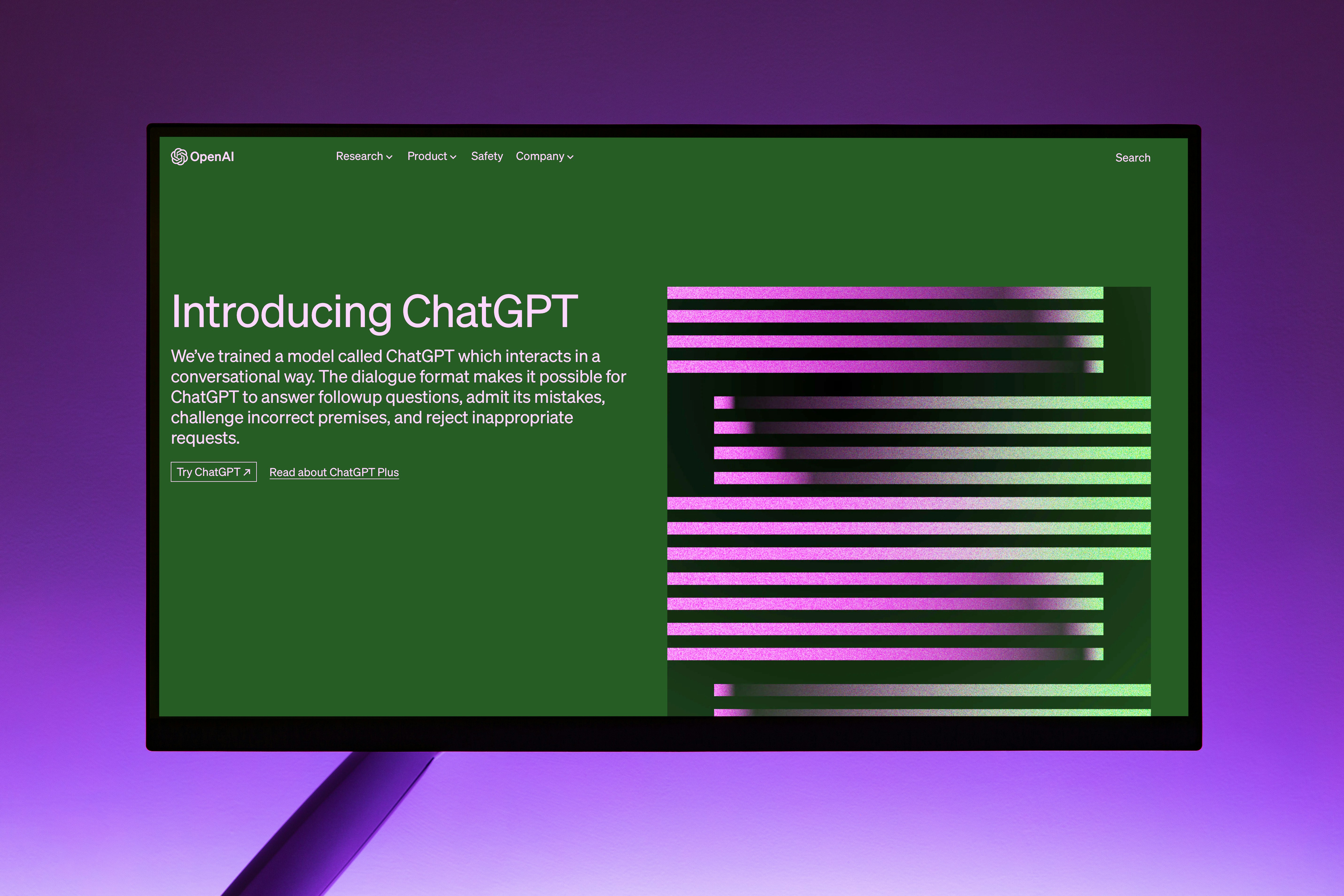 Photo by Mojahid Mottakin on Unsplash
Photo by Mojahid Mottakin on Unsplash As technology continues to evolve, so does the field of natural language processing. One of the most exciting recent developments in this field is the emergence of custom GPTs (Generative Pre-trained Transformers). These advanced language models have the ability to understand and generate human-like text, making them incredibly versatile tools for a wide range of applications.
What are GPTs?
GPTs, or Generative Pre-trained Transformers, are deep learning models that have been pre-trained on massive amounts of text data. This pre-training allows them to learn the statistical patterns and relationships between words and phrases, enabling them to generate coherent and contextually relevant text.
One of the most well-known GPTs is OpenAI’s GPT-3, which has garnered a lot of attention for its impressive language generation capabilities. However, as powerful as GPT-3 is, it may not always meet the specific needs of every project or application.
Customizing GPTs
Custom GPTs offer a solution to this limitation by allowing developers and researchers to fine-tune the models to their specific requirements. This customization process involves training the base GPT model on a smaller dataset that is specific to the desired domain or task.
For example, let’s say you want to create a chatbot that specializes in providing medical advice. By training a GPT model on a dataset of medical literature and patient records, you can create a custom GPT that is more knowledgeable and capable of generating accurate and relevant medical responses.
Customization can also involve modifying the architecture or hyperparameters of the base GPT model to better suit the task at hand. This flexibility allows developers to optimize the performance of the model for their specific use case.
Applications of Custom GPTs
The possibilities for using custom GPTs are virtually endless. Here are just a few examples of how they can be applied:
- Customer Support: Custom GPTs can be trained on customer support ticket data to generate automated responses, improving response time and efficiency.
- Content Generation: Custom GPTs can be used to generate high-quality articles, blog posts, or product descriptions, saving time and resources for content creators.
- Language Translation: By training a GPT model on multilingual datasets, it can be customized to provide accurate translations between specific language pairs.
- Virtual Assistants: Custom GPTs can be used to develop intelligent virtual assistants that understand and respond to user queries in a natural and conversational manner.
Challenges and Considerations
While custom GPTs offer immense potential, there are a few challenges and considerations to keep in mind:
- Data Quality: The quality and relevance of the training data used to customize the GPT model can greatly impact its performance. It is important to ensure the dataset is comprehensive and representative of the target domain.
- Computational Resources: Training and fine-tuning GPT models can be computationally intensive and time-consuming. Sufficient computational resources are necessary to achieve optimal results.
- Ethical Considerations: As with any AI technology, ethical considerations must be taken into account when developing and deploying custom GPTs. Bias, privacy, and security concerns should be addressed to ensure responsible use.
Custom GPTs represent a significant advancement in the field of natural language processing, offering the ability to tailor language models to specific domains and tasks. With their potential to revolutionize various industries and applications, custom GPTs are undoubtedly an exciting area of exploration and innovation.
RELATED POSTS
View all


